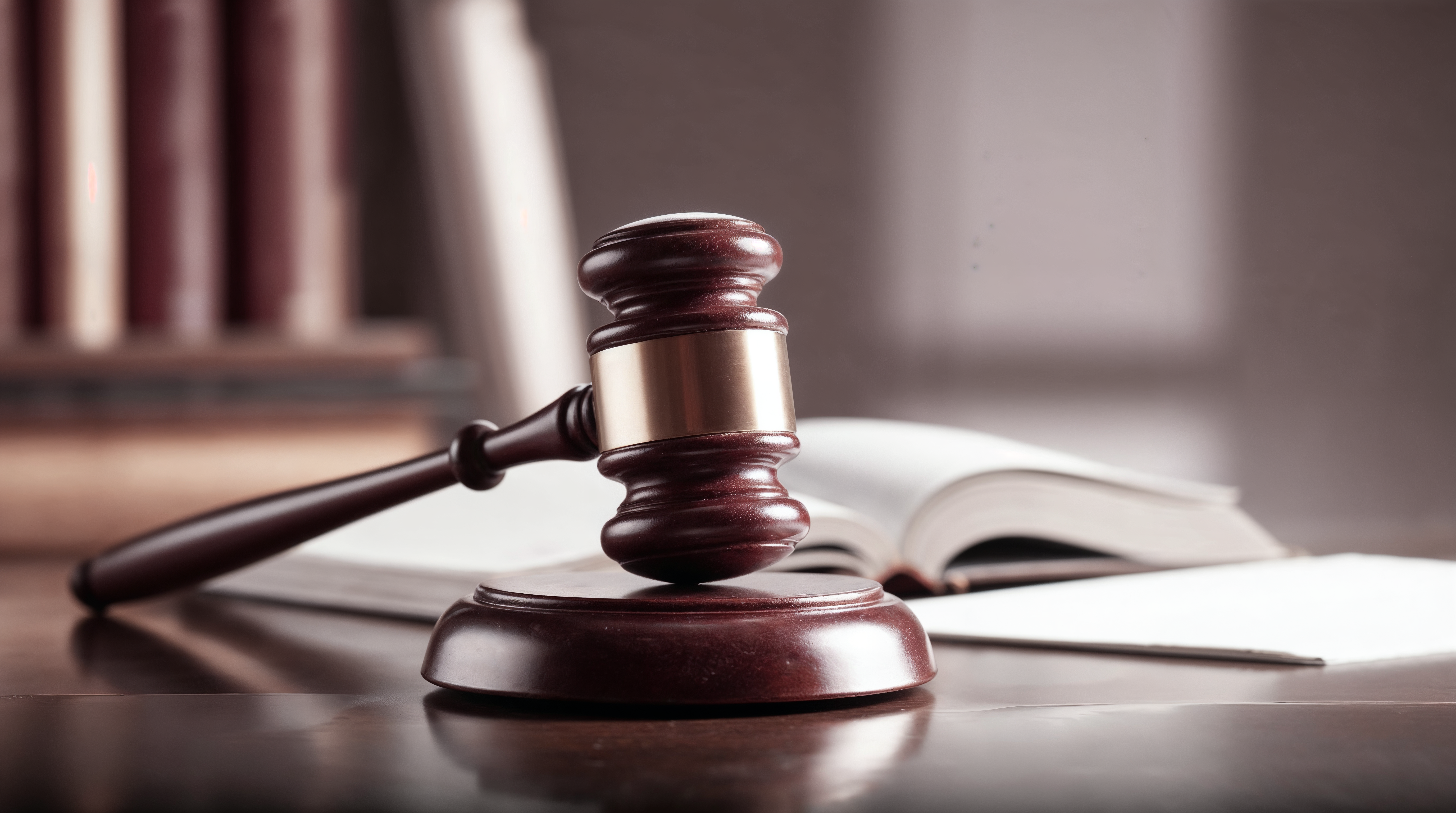
When a Lawsuit Becomes Public: What You Should Know
Understanding the Public Nature of Lawsuits
Many individuals turn to legal action as a means to achieve justice and resolution. However, pursuing a lawsuit also involves a significant trade-off: privacy. When you file a lawsuit, the legal proceedings generally become a part of the public record. This means your case could gain visibility beyond what you might expect, impacting your privacy in ways that might not feel comfortable.
Public Access to Court Documents
Court documents such as complaints, motions, and court orders are typically accessible to the public. These records can often be retrieved online or in person, making it possible for anyone — from journalists to employers — to examine the details of your case. This public access underscores the importance of evaluating whether you're prepared for such exposure.
What Can Remain Private?
Not everything is automatically exposed when it comes to legal proceedings. Courts have the ability to redact or seal sensitive information, particularly in cases that involve minors, trade secrets, or personal data. However, securing these protections requires a formal request and must be legally justified. For instance, sealed documents in a business dispute may protect proprietary information from being publicly disclosed, safeguarding a company's competitive edge.
Are You Ready for Public Disclosure?
Before initiating a lawsuit, it's crucial to consider if you're comfortable with the idea of your allegations, evidence, and potential settlement terms being available to the public. The implications of public disclosure can vary widely depending on the specifics of your case and its exposure. Consider prominent cases where privacy became an unexpected issue, highlighting the importance of foresight in legal pursuits.
Exploring Protective Legal Strategies
While the public exposure of lawsuits is significant, protective legal strategies do exist. It's advisable to explore these with a knowledgeable attorney who understands the intricacies of your jurisdiction. By doing so, you might find methods to maintain a degree of privacy without sacrificing the legal remedies you're seeking.
Making Informed Decisions About Privacy
At the intersection of legal action and personal privacy, informed decisions are key. Before proceeding with a lawsuit, take the time to evaluate the potential impact of public disclosure on your personal and professional life. Working closely with an experienced attorney can help you navigate the complexities and make the best decision for your unique situation.
By weighing the potential public exposure against your need for justice, you can approach your legal matters with clarity and confidence. Remember, what may become public varies by jurisdiction, so always consult with a legal professional who can guide you through the specifics relevant to your case.
